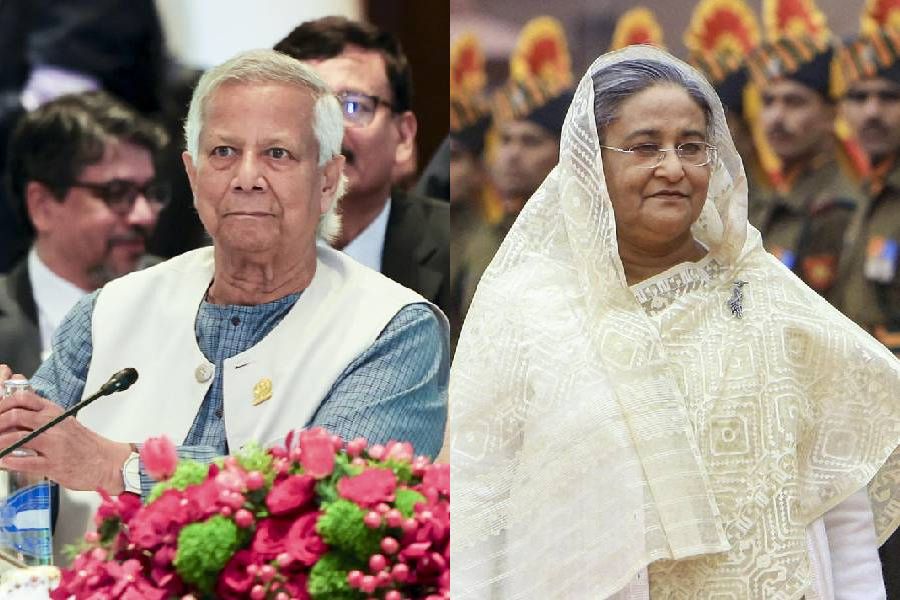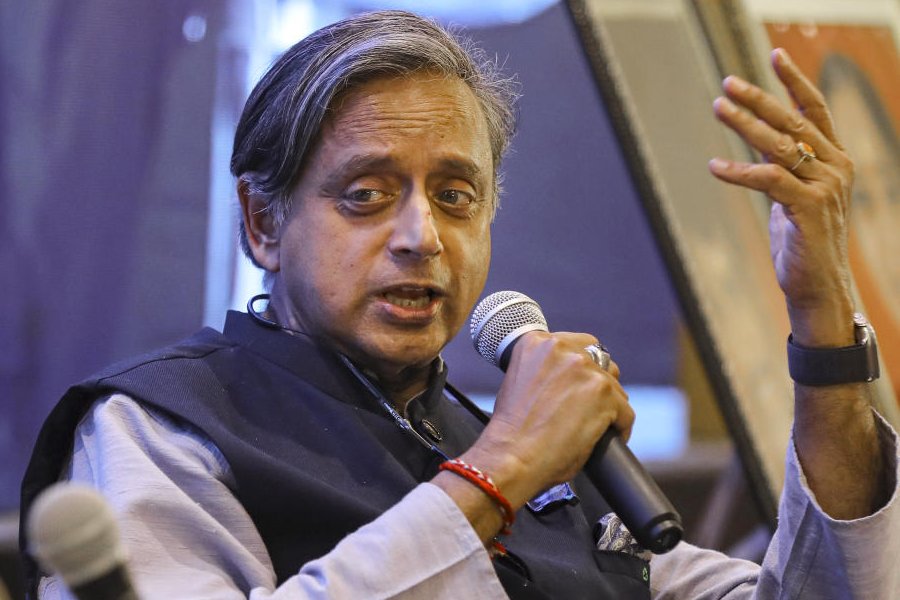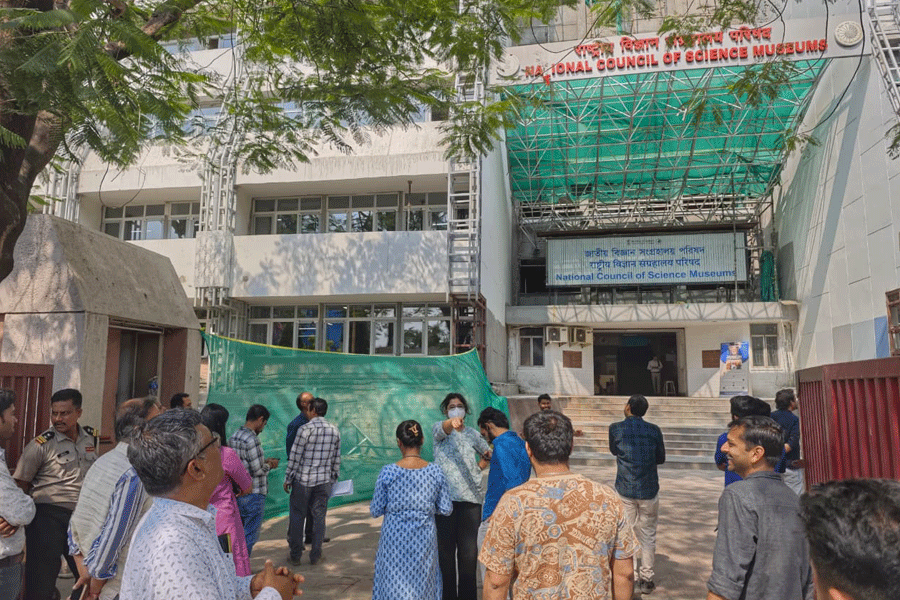Bangladesh’s interim government chief adviser Muhammad Yunus on Monday welcomed the special tribunal verdict sentencing deposed prime minister Sheikh Hasina and her former home minister Asaduzzaman Khan Kamal to death in absentia, framing it as a moment that reinforces the core idea of accountability.
Yunus, who took charge as chief adviser three days after Hasina fled, issued a detailed statement underscoring what he believed the verdict represents for Bangladesh’s political and institutional reset.
“Today, the courts of Bangladesh have spoken with a clarity that resonates across the nation and beyond. The conviction and sentencing affirm a fundamental principle: no one, regardless of power, is above the law,” he said.
A UN rights office report had earlier estimated that up to 1,400 people were killed during the month-long agitation. Yunus referenced those findings in his remarks.
“As many as 1,400 lives were lost. They were not statistics but students, parents, and citizens with rights. Months of testimony detailed how lethal force, even from helicopters, was used against unarmed protesters. This verdict recognises their suffering and confirms that our justice system will hold perpetrators accountable,” he said.
He added that the ruling speaks directly to families who continue to carry the weight of those events.
“We stand at a moment of rebuilding democratic foundations wrecked by years of oppression. The crimes at issue – the ordering of lethal force against young people and children whose only weapons were their voices – violated both our laws and the basic bond between government and citizens. These acts outraged Bangladeshis’ core values: dignity, resilience, and commitment to justice,” Yunus said.
Yunus also framed the verdict as part of a broader shift. “The path ahead requires not just legal accountability but rebuilding trust between institutions and citizens,” he said. “I have every confidence that Bangladesh will meet the challenges ahead with courage and humility. With commitment to the rule of law, human rights, and each person's potential, justice will not merely survive in Bangladesh. It will prevail and sustain.”
Soon after the ruling, the interim government released its own statement urging people to maintain peace. Calling the judgment “historic”, it warned that disorder would not be tolerated.
“Everyone is specifically requested to refrain from any kind of disorder, provocative behaviour, violence or unlawful activities in the post-verdict period,” it said, adding that “any attempt to create anarchy, chaos or breach of public order will be strictly suppressed.”
Hasina issued a strong rebuttal from India, where she has lived since her government collapsed last August. She dismissed the ruling as politically coloured.
“Verdicts announced against me made by a rigged tribunal established and presided over by an unelected government with no democratic mandate. Was given no fair chance to defend myself in court,” she said.
Hasina also insisted that events during the uprising were not the product of deliberate state action. “We lost control of the situation but cannot characterise what happened as premeditated assault on citizens,” she said.
She maintained her willingness to appear before what she called a legitimate judicial mechanism. “I am not afraid to face my accusers in a proper tribunal where evidence can be weighed and tested fairly,” she said.
The International Crimes Tribunal-Bangladesh (ICT-BD) found Hasina guilty of “crimes against humanity” linked to the massive student uprising of July–August 2024. The 78-year-old leader has been in India since fleeing the country on August 5 last year. She was already declared a fugitive by the court.
The tribunal held Hasina responsible for ordering the use of deadly force on unarmed student protesters, authorising operations that led to killings across Dhaka and neighbouring districts, and delivering inflammatory statements during the uprising.












